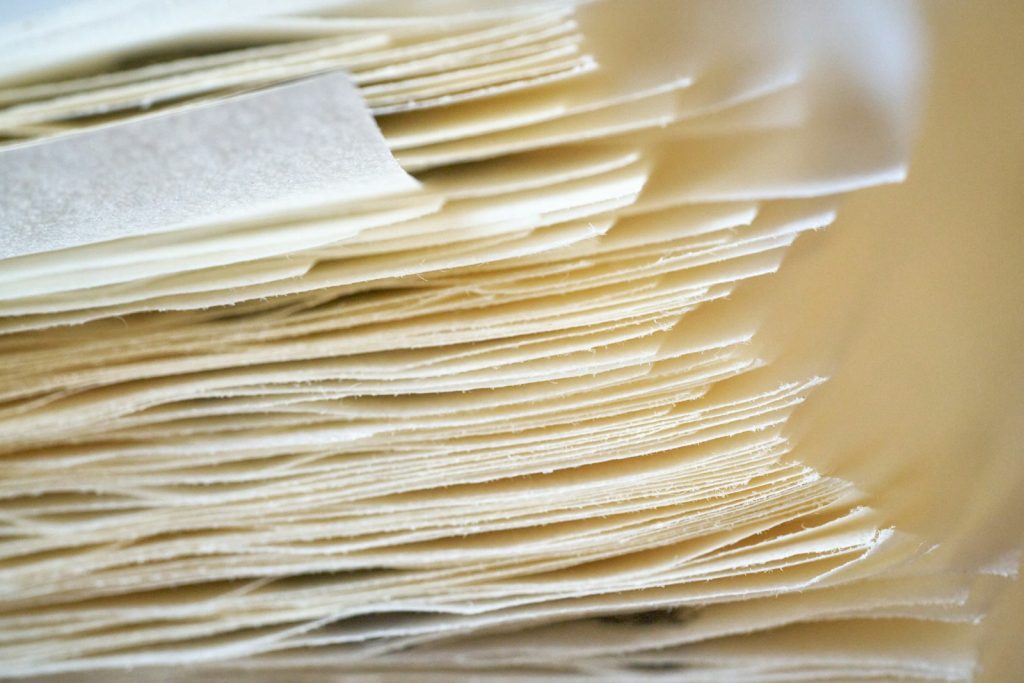Plantable Seed Paper Behind Rapid Growth At Leicester Based SeedPrint

Leicester printing company SeedPrint has experienced rapid expansion driven by increasing demand for its innovative plantable paper products. The family-run business has carved out a niche in the sustainable stationery market by creating paper that grows into wildflowers after use.
The company operates from a century-old printing works in Leicester’s industrial quarter, where traditional craftsmanship meets environmental innovation. SeedPrint transforms recycled paper waste into premium stationery products embedded with wildflower seeds, offering businesses an eco-friendly alternative to conventional printing.
Manufacturing involves breaking down waste paper into pulp before carefully mixing in wildflower seeds. The mixture is then formed into sheets comparable to standard business card stock, maintaining printability while ensuring seed viability. Each product is designed to biodegrade naturally as the seeds germinate.
“What we’re doing is really a natural evolution of printing,” explained Ben Herbert of SeedPrint. “We’re taking waste paper, transforming it into premium stationery products, and giving them a whole new life as wildflowers.”
The concept has resonated with environmentally conscious businesses across various sectors. SeedPrint’s product range now spans business cards, wedding invitations, and corporate materials, each designed to transform into wildflowers within weeks of planting.
The company has spent years perfecting the balance between paper quality and seed viability. “Each sheet needs to perform perfectly both as a stationery product and as a growing medium,” Herbert said. This attention to detail has enabled SeedPrint to maintain premium quality while delivering genuine environmental benefits.
Operating from the historic Willday Printers site, SeedPrint represents a new chapter in British manufacturing where single-use items are designed with regenerative potential. The company recommends spring planting for optimal results, with seeds remaining viable for up to two years.
The growth trajectory reflects broader market shifts toward sustainability in business practices. SeedPrint’s approach demonstrates how traditional industries can adapt to environmental challenges while maintaining quality and craftsmanship standards.



